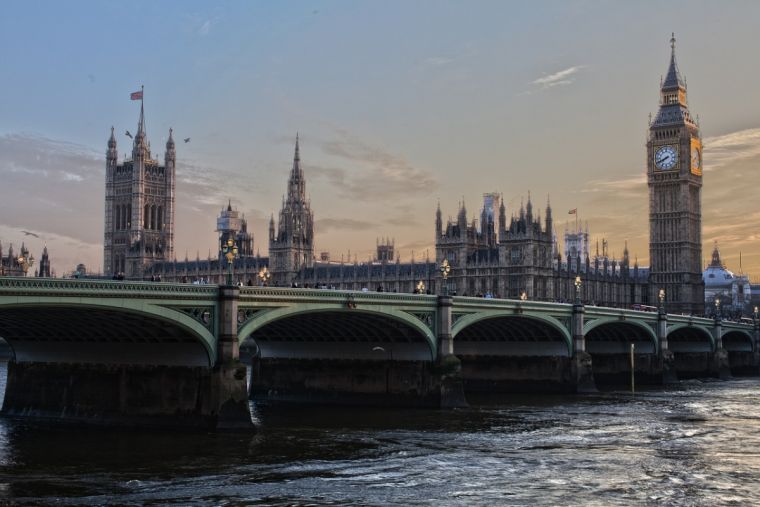Protecting conscience: Why this House of Lords bill is aimed at defending healthcare professionals
With the Brexit legislation receiving the lion's share of attention in Parliament, there has been little to no coverage on the progression of any other bill in recent months. This is usually the time of year where activity on private members' bills (which have only a small chance of passing into law) winds down. However, with the current Parliamentary Session being extended to two years to deal with the magnitude of the Brexit legislation, we are in extraordinary times.

There is one such private member's bill before the House of Lords which has seen a surprising ramp-up in activity over the last few months. The bill is sponsored by Baroness O'Loan – a widely respected legal mind from Northern Ireland who was the first Police Ombudsman – and will have its committee stage today, Friday. It is focused on the relatively niche area of protection of conscience for healthcare professionals.
While some statutory protections for conscience do exist in law, a Parliamentary inquiry into freedom of conscience in the context of abortion provision found that the current position is woefully deficient. The inquiry report cited clear evidence of discrimination against those with conscientious objections, and noted that many saw limitations on career progression if they sought to exercise their right to freedom of conscience.
While Baroness O'Loan's bill seeks to rectify some of these shortcomings by providing for a more robust right to conscientiously object, it is has already attracted opposition. The main objection of opponents that emerged in debate ahead of the bill's second reading was that it had the potential to cripple the NHS. The argument was that hordes would come forward to abuse the bill's protection, and that there would be no medical practitioners left.
However, there is no suggestion the numbers involved would cause the NHS any significant problems, and of course the courts are perfectly capable of determining whether anyone might be abusing statutory protection. More importantly, there is no obligation on any individual medical professional to carry out particular activities that may be asked of them. The NHS however does have a duty to safeguard the conscience of individual professionals in the provision of an effective healthcare service, and must therefore structure things accordingly. To force doctors and nurses to be complicit in activity which violates their deeply held beliefs would represent the antithesis of a tolerant and inclusive society.
Baroness O'Loan will have no difficulty persuading peers in the House of Lords why such targeted legislation is much needed, particularly in light of the recent Supreme Court decision in Doogan and Wood. In that case, two senior Scottish midwives were forced to resign after failing in a legal challenge against the NHS where they sought protection from having to participate in abortions.
This issue is not just limited to the UK. Two Swedish midwives have recently taken a challenge to the European Court of Human Rights because they were prevented from working as midwives, despite a chronic shortage of midwives in the country. The reason given by the Swedish health service was that their conscientious objection to abortion disqualified them. In Norway, an appeal court recently found that a long-serving GP has been unlawfully dismissed for refusing to insert intrauterine devices (IUDs) for reasons of conscience. While the court ruled that the Norwegian GP had the right to practice medicine in accordance with her conscience, the Norwegian government has appealed the case to the Supreme Court of Norway.
There are very few people who would want to see medical professionals sacked if they ask to be exempted from participating in areas that genuinely offend their conscience. So perhaps it is fortuitous that Baroness O'Loan's bill has found itself being considered during an unusual two-year Parliamentary Session.
There is already an early day motion in the House of Commons that welcomes the bill, and it may not be long before it finds itself being considered there. As that motion notes, it is only right that true freedom of conscience is made available to those who work tirelessly to provide compassionate care for vulnerable patients.
I certainly hope that the bill continues to receive the time and attention that it needs in order to pass into law. In the absence of a clear understanding of what the protection of conscience looks like in practice, these unfortunate cases will continue to appear before the courts. Competent professionals will be forced out of – or deterred from joining – such caring professions, and we will all be the poorer for it.
Laurence Wilkinson is legal counsel with ADF International in London.











